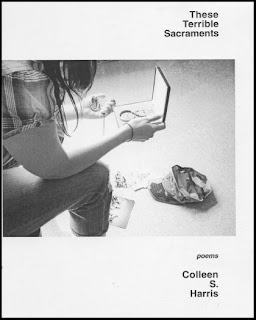Giving the Buzzer: Hoi Polloi Fact Checking Game Shows, Rabble-Rousing Due to Network Research Errors
Fox network researchers came away with a black eye recently, when the wild west of invisible internet folks noted they made an error when they ganked a couple on the new show Million Dollar Money Drop. The show told the couple - who had bet $800,00 - that their answer of the Post-It note being in stores earliest was not true, and that it was the Sony Walkman that hit store shelves first. Amateur researchers across the internet shouted about the error until Fox caved and admitted the error. It does my librarian heart good to see people so interested in looking deeply for an answer instead of just taking a game show host's name for it. I bet the Fox execs are missing the pre-internet days before the gainsayers could catch them out, or are hoping they were asking questions based on polls they had conducted (and could funge the data for). Back when folks just shut up and accepted what they were told by authorities. I wish my students were as diligent about their fact-checking. This le...
